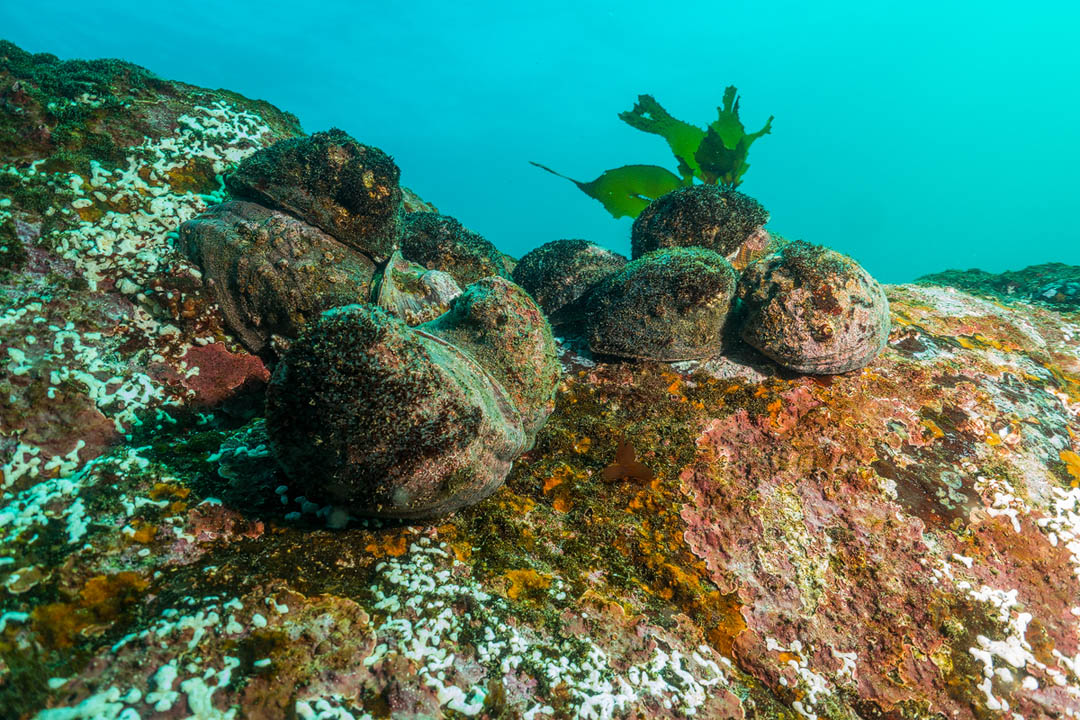None marine ecosystem is free from being affected by the impacts of human activity. The intensity and extent of these threats has increased to levels unprecedented in human history. Since many of these stressors, such as temperature increases, changes in ocean circulation and mixing of the oceans, acidification, deoxygenation, coastal hypoxia, pollution, occur many times simultaneously either temporally or spatially, organisms marine and ecosystems are increasingly subject to the simultaneous impacts of multiple stressors.
It is estimated that more than 40% of the marine environment is already affected by a combination of these stressors, making it one of the main global environmental problems. The effects that different stressors, and particularly their combination, will have on ocean organisms and ecosystems, and on the important services they provide to humanity, are currently poorly understood. Improving this situation and defining management solutions have been identified as one of the most important and complex challenges in environmental science today. Most of these stressors have combined effects that can be antagonistic or synergistic rather than just additive. However, marine organisms have also developed a series of mechanisms (at the behavioral, organism, cellular and genetic levels) that allow them to adapt uniquely to narrower niches or to tolerate a wide range of environmental conditions.
This course will offer student’s up-to-date knowledge about marine stressors and their interactions through mainly discussion of scientific articles, and group work (i.e. more than expository type classes).
Instructors: Dr. Cristian A. Vargas, with collaboration of Dr. L. Antonio Cuevas, Dr. Natalia Osma, and Dr. Mauricio Urbina (Department of Zoology), and Dr. Ricardo Barra (Faculty of Environmental Sciences).

